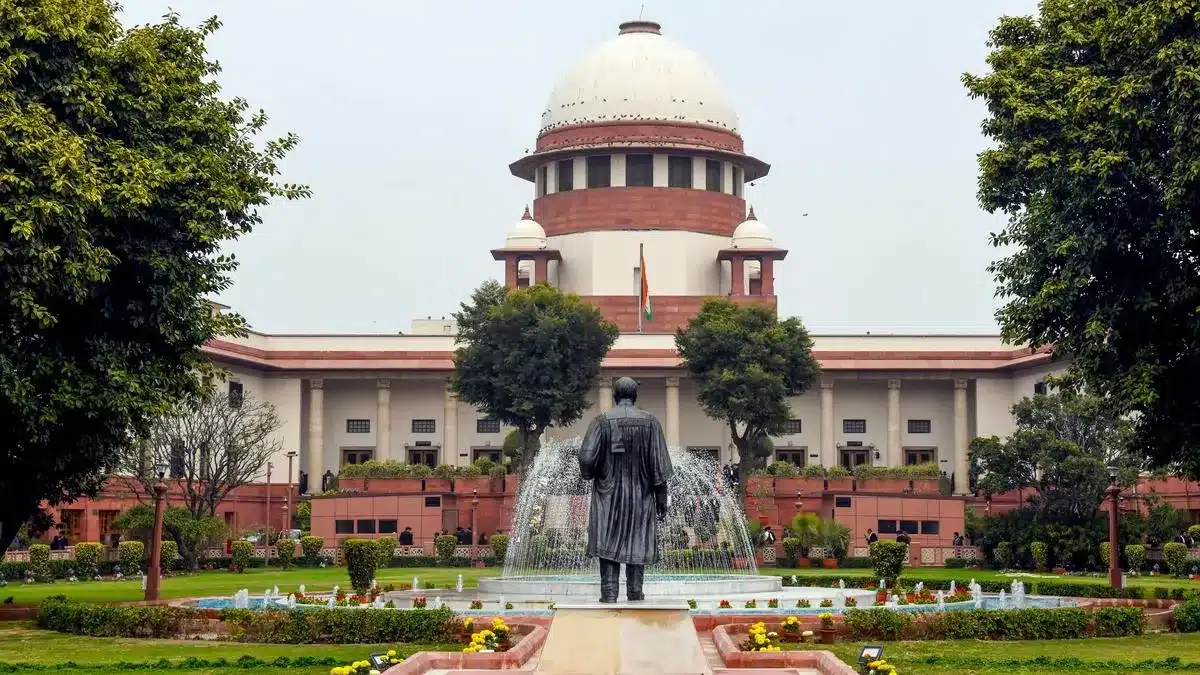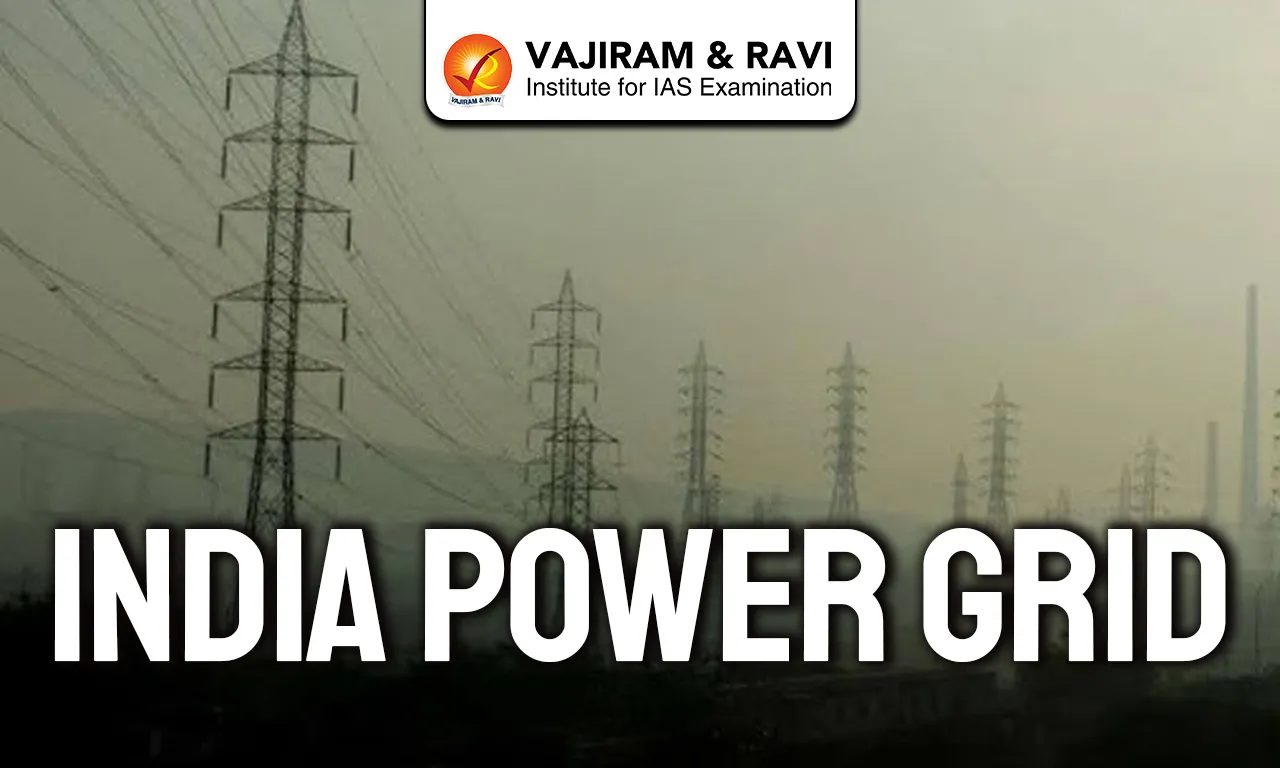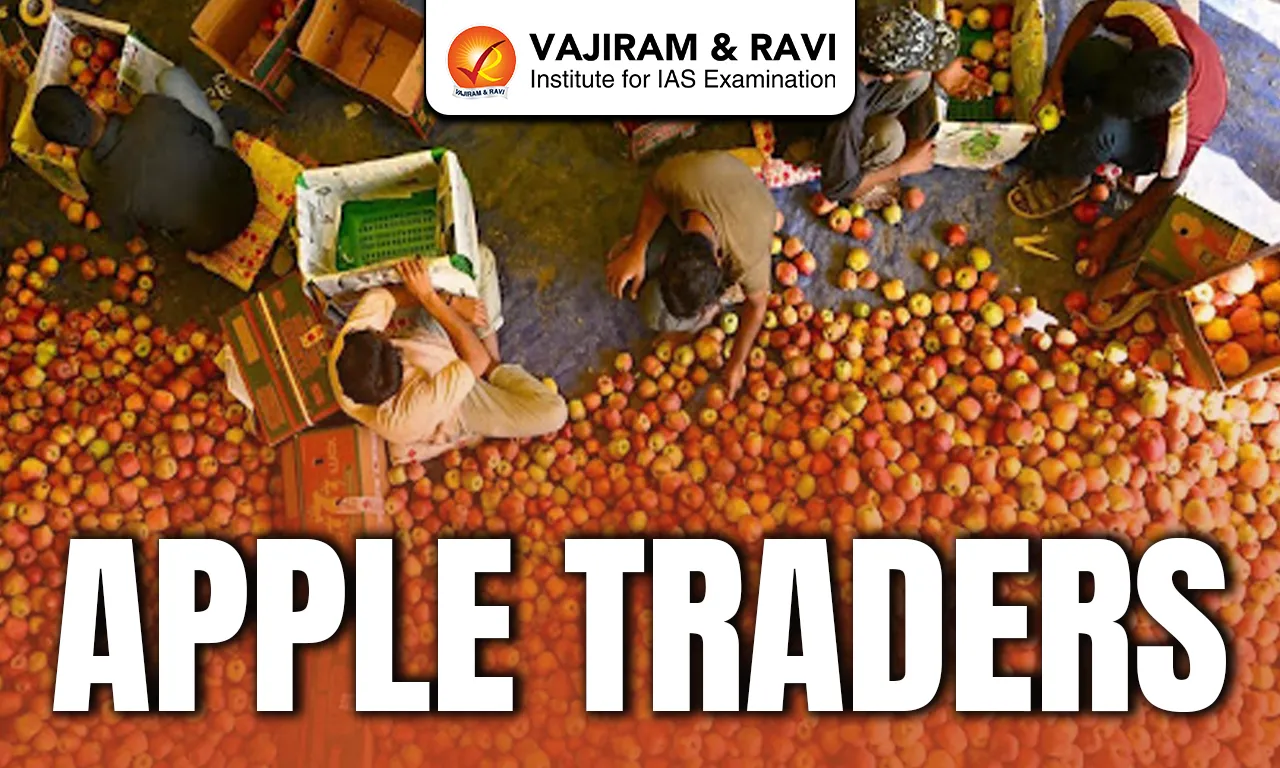What’s in Today’s Article?
- Why in the News?
- Background
- About Muslim Women (Protection of Rights on Divorce) Act, 1986
- What is Section 125 of the Criminal Procedure Code (CrPC)?
- Prior Judicial Precedents
Why in News?
- The Supreme Court has decided to examine if a divorced Muslim woman is entitled to a claim of maintenance under Section 125 of the Criminal Procedure Code (CrPC) against her former husband.
Background
- A Muslim man had challenged a Telangana High Court direction to pay ₹10,000 interim maintenance to his former wife.
- He contended that maintenance in this case will instead be governed by the provisions of the Muslim Women (Protection of Rights on Divorce) Act, 1986.
- He told the Supreme Court that the Telangana HC had failed to appreciate that the provisions of the 1986 Act, which is a Special Act will prevail over the Provisions of section 125 CrPC which is the general Act.
- The Supreme Court while hearing the petition by the Muslim man observed that the 1986 Act does not say that a divorced Muslim woman cannot file a petition under Section 125 of the CrPC, 1973.
- The Court has reserved decision on the question as to which of these two laws would prevail.
About Muslim Women (Protection of Rights on Divorce) Act, 1986
- The 1986 Act is a religion-specific law that provides for a procedure for a Muslim woman to claim maintenance during divorce.
- It was enacted to essentially nullify the Supreme Court’s 1985 decision in the case of Mohd. Ahmad Khan v. Shah Bano Begum which upheld a Muslim woman’s right to seek maintenance from her divorced husband under Section 125 of the CrPC.
- The verdict was, however, perceived by many to be an affront to religious personal laws.
- Section 3 of the 1986 Act guarantees the payment of maintenance to a divorced Muslim woman by her former husband only during the period of iddat.
- Iddat is a period, usually of three months, which a woman must observe after the death of her husband or a divorce before she can remarry.
- Such an amount shall be equal to the amount of mahr or dowry given to her at the time of her marriage or any time after that.
- After the completion of the iddat period, a woman can approach a first-class magistrate for maintenance in case she has not remarried and is not in a position to take care of herself financially.
What is Section 125 of the Criminal Procedure Code (CrPC)?
- Section 125 of CrPC lays down a Secular law for the maintenance of Wife, Child or Parents.
- It is a legal provision that allows certain categories of individuals to claim financial support from their spouses or children, as the case may be, in the event they are unable to maintain themselves.
- This section helps giving monetary assistance to the vulnerable avoiding situations like Vagrancy and Poverty.
Prior Judicial Precedents
- The Allahabad High Court, in multiple judgments, has reaffirmed a divorced Muslim woman’s right to claim maintenance under Section 125 of the CrPC even after the completion of the iddat period as long as she does not marry.
- In Mujeeb Rahiman v. Thasleena (2022):
- A single judge of the Kerala High Court observed that a divorced Muslim woman can seek maintenance under Section 125 of the CrPC until she obtains relief under Section 3 of the 1986 Act.
- Such an order will remain in force until the amount payable under Section 3 is paid.
- Noushad Flourish v. Akhila Noushad (2023):
- A Muslim wife who effected her divorce by the pronouncement of khula (divorce at the instance of, and with the consent of the wife) cannot claim maintenance from her husband under Section 125 of the CrPC.
Q1) What is the Shah Bano case?
The Shah Bano case was a pivotal legal matter that had substantial consequences for the rights of Muslim women. It raised important questions about support and the rights of women. This case centred on Shah Bano’s request for financial support from her husband under Section 125 of the Code of Criminal Procedure.
Q2) What does Right to Equality mean?
The Constitution says that the government shall not deny to any person in India equality before the law or the equal protection of the laws. It means that the laws apply in the same manner to all, regardless of a person’s status.
Source: SC examines divorced Muslim women’s right to maintenance under Section 125 of the CrPC | Explained | IE
Last updated on February, 2026
→ UPSC Notification 2026 is now out on the official website at upsconline.nic.in.
→ UPSC IFoS Notification 2026 is now out on the official website at upsconline.nic.in.
→ UPSC Calendar 2026 has been released.
→ UPSC Final Result 2025 is expected to be released in the second week of April 2026.
→ Check out the latest UPSC Syllabus 2026 here.
→ Join Vajiram & Ravi’s Interview Guidance Programme for expert help to crack your final UPSC stage.
→ UPSC Mains Result 2025 is now out.
→ UPSC Prelims 2026 will be conducted on 24th May, 2026 & UPSC Mains 2026 will be conducted on 21st August 2026.
→ The UPSC Selection Process is of 3 stages-Prelims, Mains and Interview.
→ Prepare effectively with Vajiram & Ravi’s UPSC Prelims Test Series 2026 featuring full-length mock tests, detailed solutions, and performance analysis.
→ Enroll in Vajiram & Ravi’s UPSC Mains Test Series 2026 for structured answer writing practice, expert evaluation, and exam-oriented feedback.
→ Join Vajiram & Ravi’s Best UPSC Mentorship Program for personalized guidance, strategy planning, and one-to-one support from experienced mentors.
→ Check UPSC Marksheet 2024 Here.
→ UPSC Toppers List 2024 is released now. Shakti Dubey is UPSC AIR 1 2024 Topper.
→ Also check Best UPSC Coaching in India




















